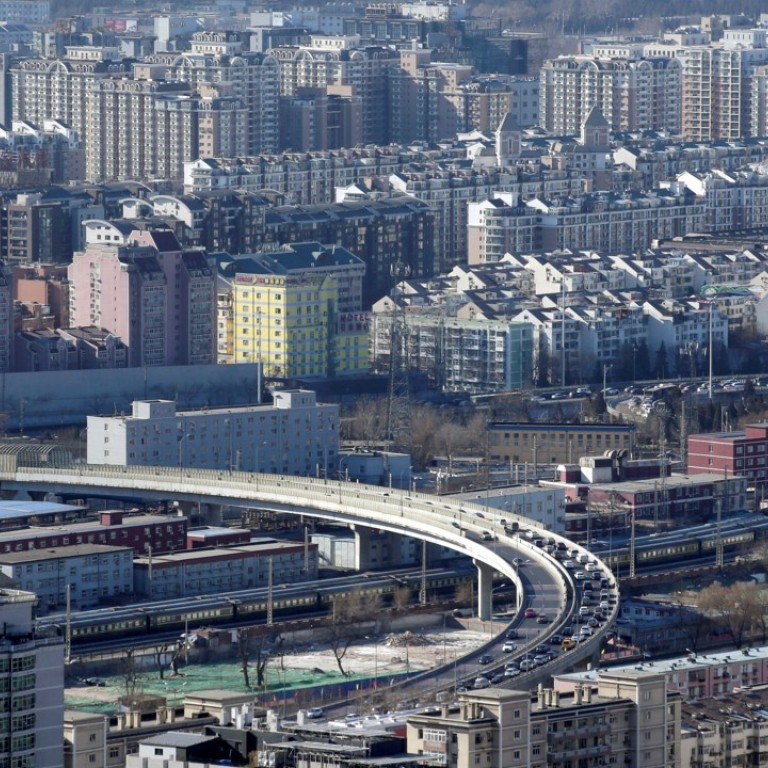
Number of Chinese property developers seen shrinking drastically in the next 5 years
UBS sees only single-digit thousands or even hundreds of the currently around 30,000 property firms surviving as the country’s property market cools
The number of property developers in China could fall from around 30,000 to only the single-digit thousands or even hundreds in the next five years as the country’s red-hot market cools, according to Swiss bank UBS Group.
A series of government policies to contain property prices in recent years has started to have an effect, with all key property statistics, including sales, prices and land supply in cities showing a slowdown since June, Hu Yifan, chief China economist at UBS, told a media briefing on Wednesday.
“There will be a relatively large consolidation in China’s property sector in the next three to five years,” Hu said. “Chinese developers would be gradually consolidated down into thousands, or even only hundreds, as the industry undergoes drastic change.”
“In September, we saw a turning point in the sector as sales growth was negative for the first time in a long time,” she said.
China’s housing boom started with privatisation in 1998, which ended the distribution of state-owned housing and paved the way for a privately owned residential market. Since 2010, however, authorities across the country have sought to cool prices through measures including restrictions on second-home purchases, raising minimum down payments and tightening mortgage lending.
The strongest signal of change came when President Xi Jinping told the 19th congress of the ruling Communist Party in October that “houses are for living in, not for speculation”, indicating that there was unlikely to be any let-up in government attempts to cool the market.
“The rules of the game totally changed after the 19th congress,” said Hu. “Looking forward, the authorities will be more leaning towards encouraging people to rent property rather than buy them.”
In November, China’s second-largest commercial bank by assets, China Construction Bank, rolled out the country’s first residential leasing mortgage product, which would be used by individuals for renting houses rather than purchasing them. The bank said it was not eyeing profit from the new mortgage, but rather was “helping the government to build a healthy and reasonable residential leasing market”, according to mainland media Caixin.
While Hu expected the property sector to continue slowing, she did not think there would be a hard landing.
“We expect property taxes to be rolled out in the next two to three years in China’s first- and second-tier cities, which would put pressure on the property sector, but we don’t see a hard landing emerging,” she said.

